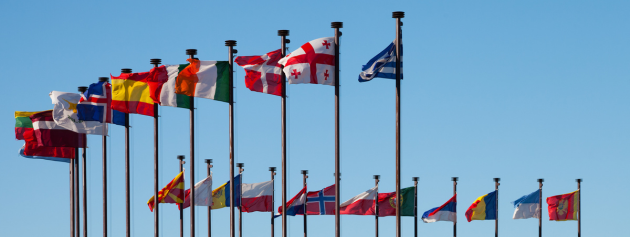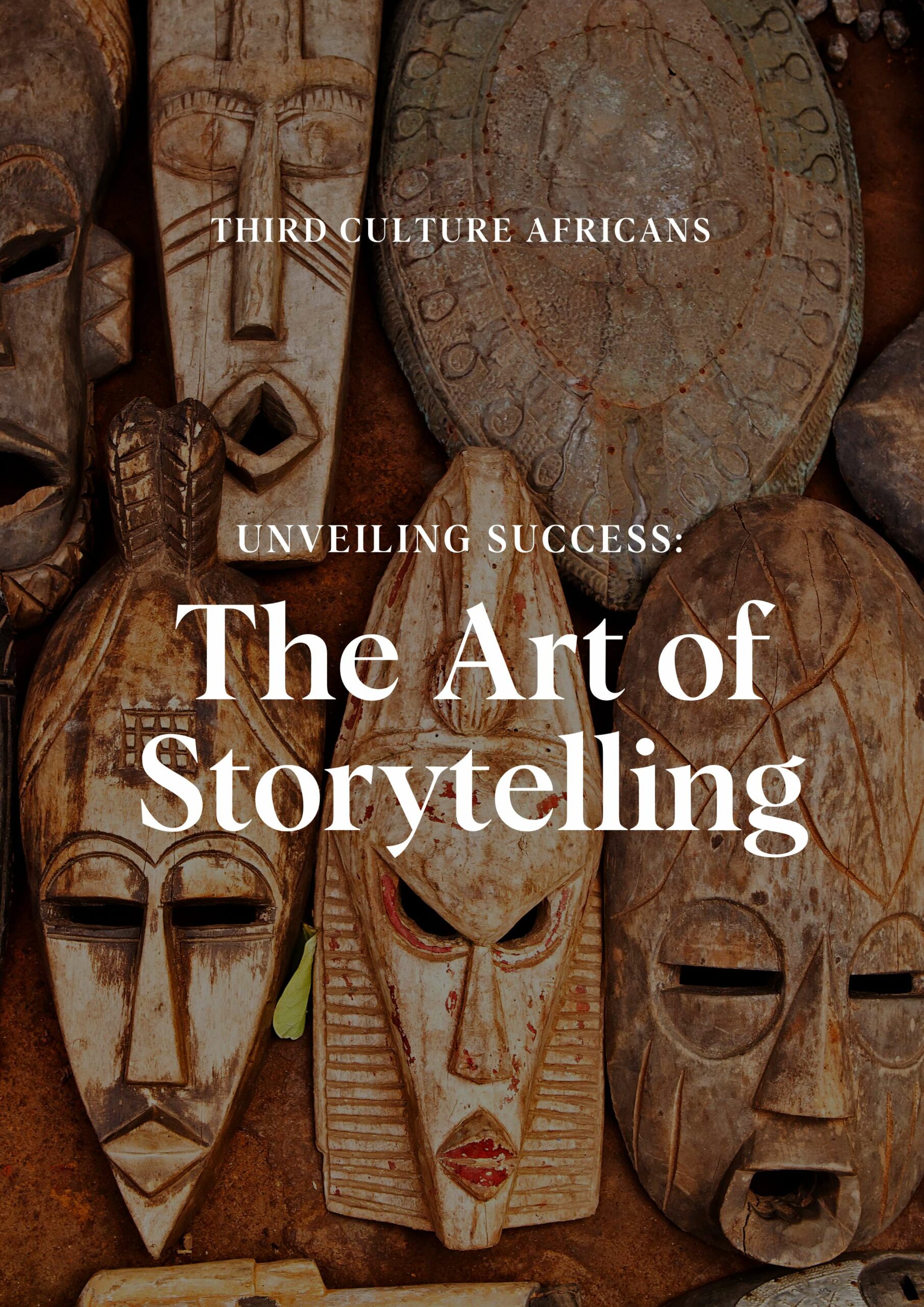In an increasingly interconnected world, the celebration of diversity has emerged as a critical pillar for fostering mutual understanding and respect among individuals from varied cultural backgrounds. The article “Celebrating Diversity: The Importance of Understanding Different Cultures” delves into the significance of appreciating and recognizing the rich tapestry of cultures that shape human experiences. Understanding different cultures is not merely an academic endeavor; it is essential for promoting social cohesion and enhancing interpersonal relationships in both personal and professional settings. By exploring diverse traditions, languages, and worldviews, individuals can cultivate empathy and reduce stereotypes, ultimately leading to more harmonious communities. This article will highlight the multifaceted benefits of cultural awareness, including enhanced creativity, improved problem-solving, and the potential for innovation that arises when diverse perspectives converge. Moreover, it will address the challenges that arise from cultural misunderstandings and underscore the importance of education and open dialogue in bridging cultural divides. Through an examination of real-world examples and expert insights, this article aims to inspire readers to actively engage in the celebration of diversity as a pathway to a more inclusive and enriched society.
Understanding culture fosters mutual respect.
Cultivating an awareness of diverse cultural backgrounds enables individuals to appreciate the values, beliefs, and practices that shape different communities. This appreciation goes beyond mere tolerance; it encourages curiosity and open-mindedness, allowing individuals to engage with others in more meaningful ways. As individuals learn about the cultural narratives of their peers, they not only gain insight into differing worldviews but also recognize commonalities that unite people across various backgrounds. This shared understanding can significantly enhance interpersonal interactions, fostering a sense of belonging and community.
Moreover, when individuals actively seek to comprehend and respect different cultural perspectives, they help dismantle stereotypes and reduce prejudices. This process contributes to creating environments where people feel valued and heard, ultimately leading to stronger relationships and collaboration. In workplaces, schools, and social settings, the practice of respecting cultural differences can pave the way for innovation and creativity, as diverse perspectives are acknowledged and fostered. As mutual respect grows, so does the potential for transformative dialogue and collaboration, enriching both individual lives and collective experiences.
Cultural awareness serves as a cornerstone for fostering global citizenship by encouraging individuals to recognize their interconnectedness with people from diverse backgrounds.
Exposure to diversity enhances creativity.
The integration of diverse perspectives plays a crucial role in fostering creativity. When individuals from varied backgrounds come together, they bring unique viewpoints, experiences, and problem-solving approaches that can lead to innovative solutions. By drawing from a rich tapestry of ideas, teams can break away from conventional thinking, challenging the status quo and exploring new possibilities. This synergy not only ignites creative sparks but also encourages a culture of experimentation and risk-taking, essential components for true innovation.
Furthermore, exposure to a range of cultural experiences enriches the creative process by offering different lenses through which to view a problem or project. Individuals who engage with diversity often find themselves more adept at thinking outside the box, as they are accustomed to navigating and synthesizing multiple perspectives. This ability to pivot and adapt enhances their overall creative output, making it more likely that groundbreaking ideas will emerge in collaborative environments. By valuing and incorporating diverse contributions, organizations and communities can harness the full potential of their collective creativity, resulting in outcomes that resonate on a broader scale.
Celebrating differences strengthens community bonds.
The recognition and appreciation of differences within a community can significantly enhance social cohesion and unity. When individuals actively celebrate the unique attributes of their neighbors—be it through cultural events, shared stories, or collaborative projects—they foster an environment of inclusivity and respect. This collective acknowledgment cultivates a sense of belonging and encourages members to engage more meaningfully with one another. As community members come to understand and value each other’s distinctive backgrounds, they weave a stronger social fabric that supports collaboration and empathy.
Moreover, embracing diversity often leads to the enrichment of community life through varied traditions and practices. Celebratory events that showcase different cultures not only educate participants but also create opportunities for personal connections, breaking down barriers of misunderstanding and prejudice. By participating in these shared experiences, individuals develop a deeper appreciation for one another, which strengthens interpersonal relationships and nurtures a more resilient community. Ultimately, the act of appreciating and valuing differences can transform communities into vibrant spaces where everyone feels empowered to contribute and thrive.
Cultural awareness promotes global citizenship.
Cultural awareness serves as a cornerstone for fostering global citizenship by encouraging individuals to recognize their interconnectedness with people from diverse backgrounds. As individuals become more informed about cultural differences, they develop a broader perspective that transcends local or national boundaries. This heightened understanding promotes empathy and respect for others, leading to a more harmonious global community. With global challenges such as climate change, inequality, and conflict requiring collaborative solutions, those who are culturally aware are better equipped to engage constructively in international dialogues and initiatives.
In addition, cultural awareness nurtures critical thinking skills and adaptability, essential traits for navigating an increasingly globalized world. When individuals learn to appreciate different worldviews and practices, they become more open-minded and capable of addressing complex issues that affect humanity as a whole. Such an educational foundation not only prepares them to contribute positively to their own communities but also empowers them to act as responsible global citizens who advocate for social justice and mutual understanding on a worldwide scale. Through this lens, cultural awareness becomes an essential element in building a more inclusive and equitable global society.

Check Out Our Podcast!
Language learning deepens cultural appreciation.
Engaging with a new language unlocks not only linguistic skills but also a profound understanding of the cultural nuances that shape a community’s identity. By delving into the intricacies of language—its idioms, expressions, and context—learners gain insights into the values, beliefs, and social norms that define a culture. This process fosters an appreciation for the subtleties that might otherwise remain obscured, encouraging learners to think critically about the connections between language and cultural practices. As individuals navigate through the layers of a new language, they often find themselves more attuned to the rich tapestry of stories and traditions that inform a society’s way of life.
Furthermore, language learning acts as a bridge that facilitates authentic interactions with native speakers, enriching the learner’s experience and understanding. Conversations in a target language reveal the emotional undercurrents and cultural references specific to that community, allowing learners to engage more deeply with the people and their stories. This direct engagement not only enhances communication skills but also cultivates a stronger sense of empathy and respect for the diversity of human experience. As learners explore the world through the lens of a new language, they come to appreciate the beauty and complexity of different cultures, fostering a more inclusive and interconnected global community.
Diverse perspectives lead to innovation.
Through the integration of diverse perspectives, innovative solutions and ideas often emerge, driven by a collective understanding that transcends individual experiences. When individuals from various backgrounds—whether shaped by culture, profession, or personal history—come together, they contribute unique insights that challenge conventional thinking. This amalgamation of viewpoints can lead to creative problem-solving, as teams are better equipped to approach challenges from multiple angles. The presence of differing opinions encourages rigorous dialogue, prompting critical examination of existing assumptions and inspiring new approaches that may not have been considered in a more homogenous environment.
Moreover, diverse perspectives stimulate an environment where experimentation and risk-taking are valued. In settings where various cultural narratives coexist, there is often a greater tolerance for unconventional ideas, fostering a sense of psychological safety that empowers individuals to share their thoughts without fear of judgment. This dynamic is essential for innovation, as it allows for the exploration of untested concepts and the iterative process that is fundamental to developing groundbreaking solutions. Companies that prioritize diversity in their teams frequently observe enhanced creativity and productivity, illustrating that the richness of varied experiences is a powerful catalyst for advancement in any field.
Embracing multiculturalism enriches personal growth.
When individuals engage with multicultural environments, they open themselves up to experiences that challenge their preconceived notions and expand their worldviews. Exposure to different customs, languages, and belief systems broadens one’s understanding of the human experience, allowing for greater empathy and appreciation of others. This process of learning from diverse cultures encourages individuals to question their own assumptions and reflect on their values, leading to significant personal growth and development. As they navigate interactions with people from varied backgrounds, they cultivate vital skills such as adaptability, communication, and critical thinking.
Furthermore, the embrace of multiculturalism fosters resilience by teaching individuals to navigate complexities and ambiguities inherent in diverse situations. As they encounter and learn to appreciate different perspectives, individuals often become more open-minded and flexible in their thinking. This heightened adaptability not only enhances personal relationships but also prepares them for an increasingly interconnected world, where collaboration across cultures is essential. By actively seeking out and valuing multicultural experiences, individuals enrich their personal journey, ultimately contributing to a more inclusive and harmonious society.
Understanding cultures encourages empathy and tolerance.
By immersing themselves in various cultural narratives, individuals gain insight into the lived experiences of others, which serves to dismantle stereotypes and combat prejudice. This deep understanding allows for a more compassionate response to differing viewpoints and lifestyles, ultimately nurturing a sense of belonging among diverse groups. As individuals acknowledge the richness that distinct cultures bring to society, they learn to appreciate the nuances of human behavior and the commonalities that bind people together, thus fostering a more inclusive community.
Moreover, the recognition of cultural differences empowers individuals to engage in meaningful dialogue, creating spaces where empathy can thrive. This discourse, grounded in mutual respect, encourages individuals to confront biases and promotes tolerance in the face of unfamiliarity. The resulting environment is one where collaboration and cooperation flourish, as individuals work alongside one another to address shared challenges. As they move towards understanding, a collective growth emerges, reinforcing the idea that diversity is not merely to be tolerated, but embraced as a source of strength and unity.
In conclusion, celebrating diversity and understanding different cultures is not only essential for fostering harmonious coexistence but also for enriching one’s own worldview. By embracing the unique traditions, values, and perspectives of various communities, individuals can cultivate empathy and appreciation for the rich tapestry of human experience. This educational journey encourages open dialogue and collaboration, breaking down barriers and dispelling stereotypes. Ultimately, recognizing and celebrating cultural diversity empowers societies to thrive, creating a more inclusive and interconnected world where everyone’s contributions are valued and respected.


